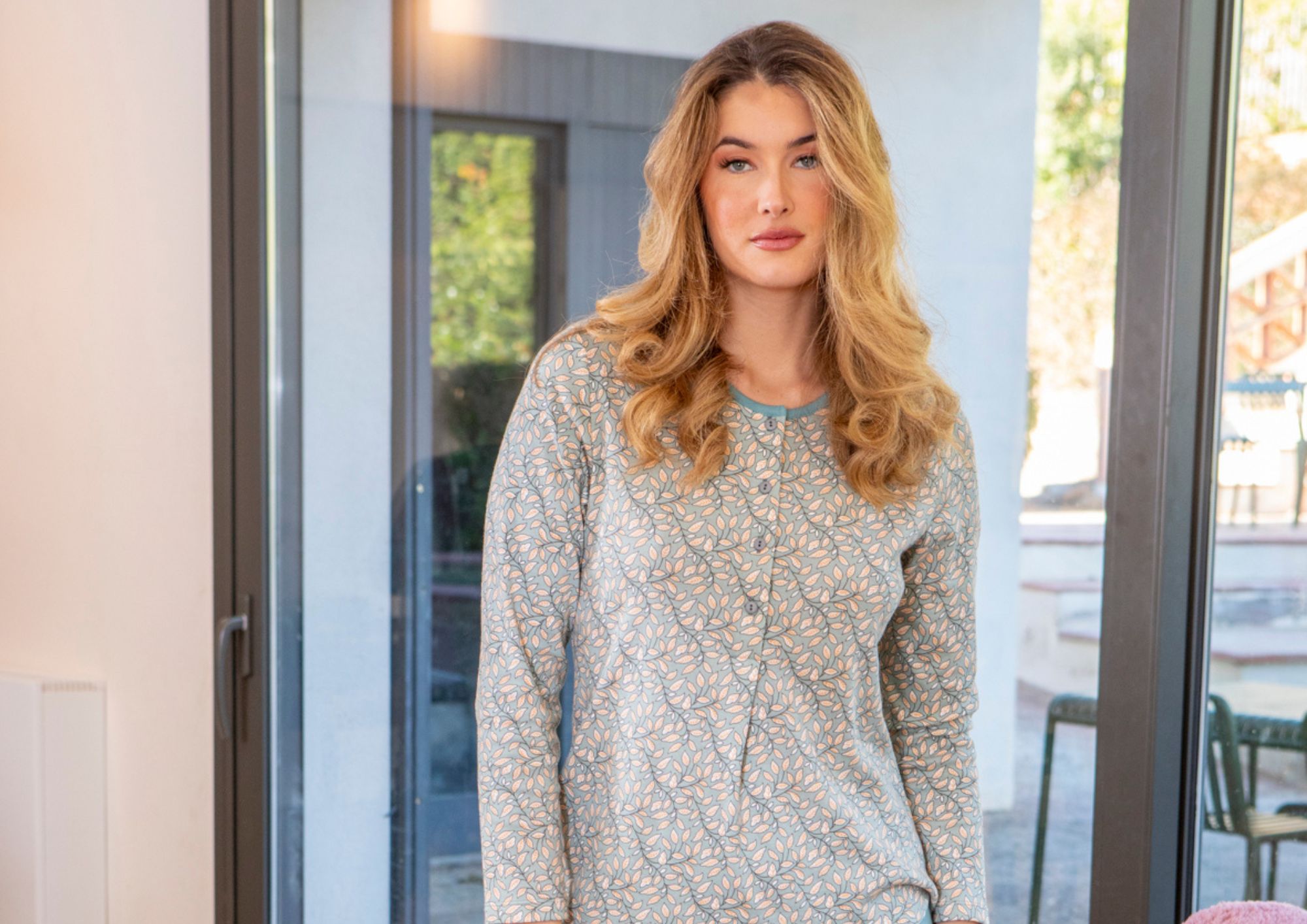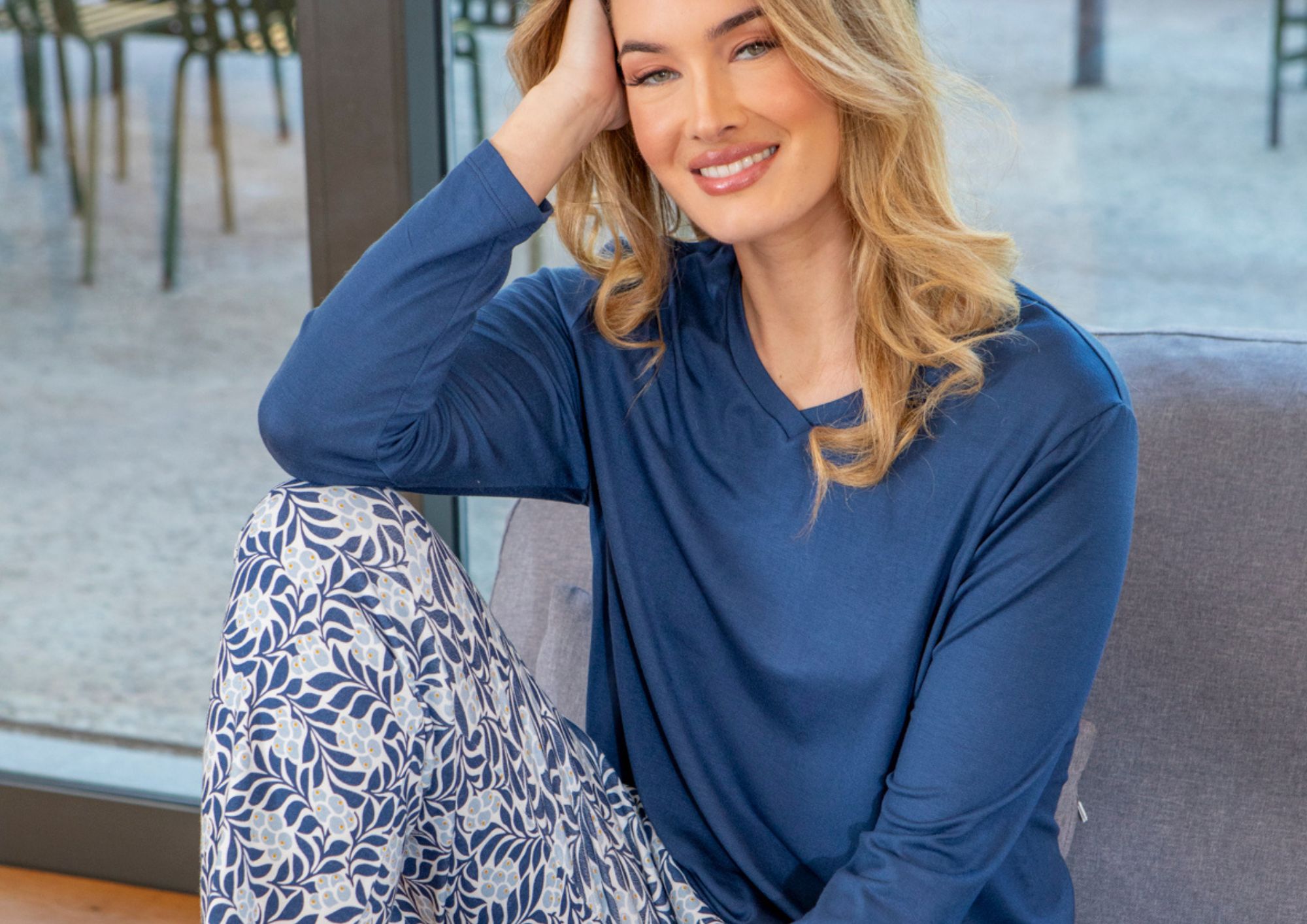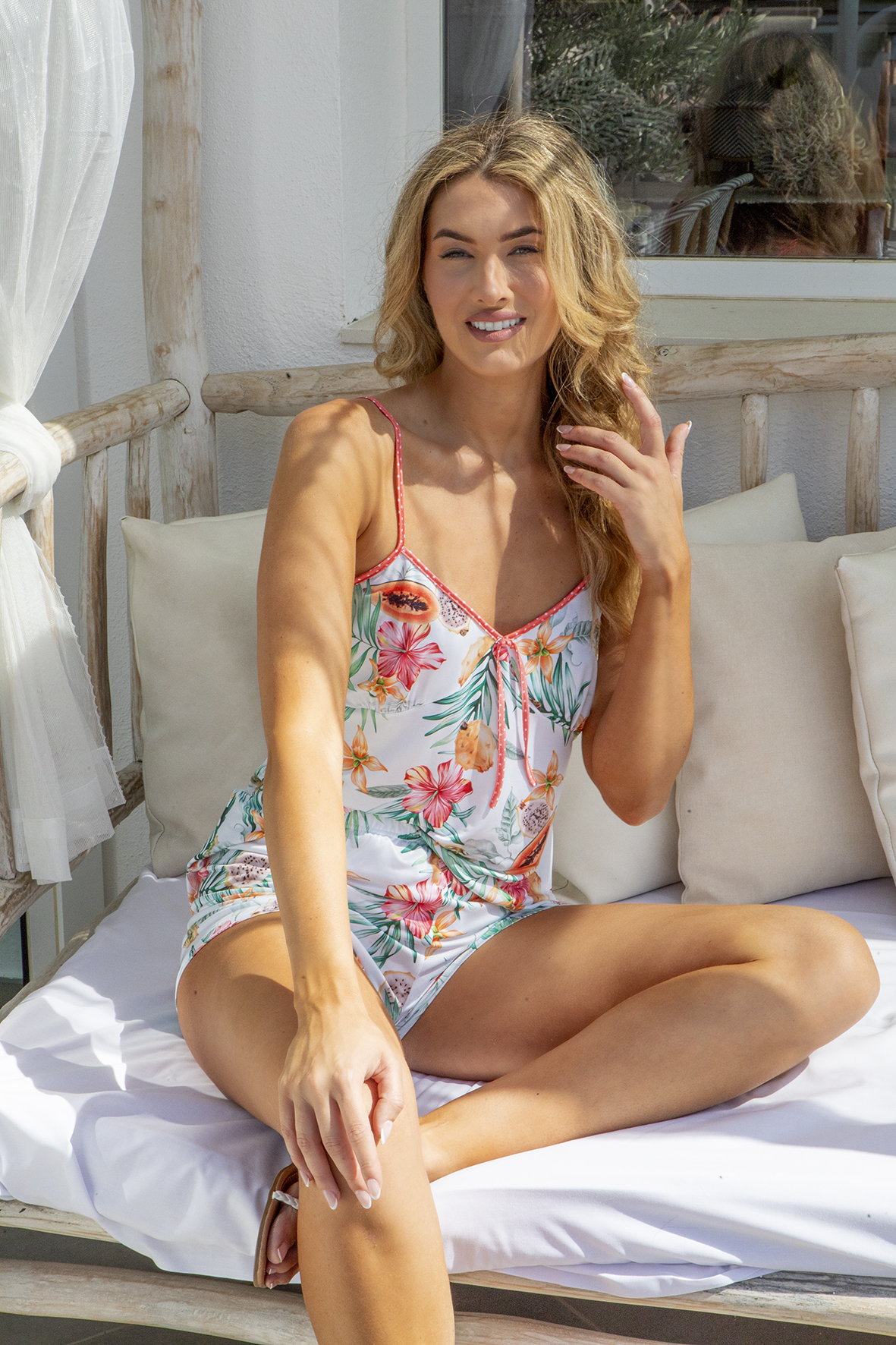A practical guide to making strategic decisions in your production alliances
Choose a pajama manufacturer It may seem like a simple task at first glance, but in practice, it's a key decision that can determine the success or failure of your brand or product line. And even if you're not a textile expert, that doesn't mean you should make this choice blindly. Properly evaluating a supplier requires attention to details beyond price, and involves analyzing everything from the quality of samples to the way they respond to a simple email.
In this article we will guide you step by step on how you can strategically and safely evaluate a pajama manufacturer, without the need for advanced technical knowledge. You'll learn what questions to ask, how to request relevant samples, what signals indicate professionalism, and how to interpret production times.

What questions should you ask a pajama manufacturer?
Beyond asking for prices or catalogs, the key is knowing which questions reveal the quality of the production process and the reliability of the supplier. Here are some essential ones:
-
What types of fabrics do you use and who are your raw material suppliers?
This question will give you an idea of the level of quality and control they manage from the beginning of the production chain. If a pajama manufacturer working with certified fabrics or fabrics of recognized origin is a good indicator of reliability. -
Can you make custom developments or do you only work on existing models?
Knowing whether they can adapt to your needs or just produce what they already have established will tell you how flexible they are with orders and how customer-focused they are. -
What is your monthly production capacity?
A clear and specific number, such as "5,000 units per month," is better than vague answers like "depending on the order." This allows you to assess whether the supplier can support your growth. -
What is your quality control policy?
Ask if they have an internal quality control department or if they conduct external reviews. You can also request examples of their protocols. -
What other clients have you worked with?
Not just for reputation, but to verify if they've worked with companies with similar standards to yours.
What samples to ask for (and how to analyze them without being an expert)
Requesting samples is a crucial part of the process. But simply receiving them isn't enough: you need to know how to properly evaluate them, even if you don't have technical knowledge of textiles.
-
Request at least two different samplesOne of the model they already make and another customized with a modification of your choice (such as a different collar, fabric, or stitching). This will show you both the standard quality and adaptability.
-
Look at the seamsEven if you're not a technician, a poorly done seam is visible. They should be straight, consistent, with no loose threads or skipped stitches.
-
Check the interior finishes: Many manufacturers neglect what is not seen. A good pajama manufacturer There will also be careful details on the inside of the garments, such as well-sewn labels or reinforcements at stress points.
-
Evaluate the fabric's softness and drapeA fabric that's too stiff or rough could mean poor quality. If you can, wash it and see how it responds: if it loses shape or color easily, that's a bad sign.
-
Ask to see samples of packaging and labelingPackaging is also part of the brand experience, and a professional supplier should be able to showcase presentation options tailored to the market.
How to understand production times
One of the aspects that is most often underestimated when evaluating a pajama manufacturer It's the management of production times. However, these deadlines are critical, as they can directly impact the fulfillment of your campaigns, launch dates, or key seasons. Understanding how your supplier manages their schedules will allow you to anticipate and avoid costly delays.
First, it's important to note how long it takes for them to send you a basic sample. If this timeframe exceeds three weeks without a clear reason, it may be a sign of internal disorganization. Manufacturers with well-defined processes usually meet reasonable deadlines and keep you informed at all times.
You should also ask for specific estimates of how long it takes to produce different production volumes, such as 100, 500, or 1,000 units. pajama manufacturer A reliable source will be able to give you these figures clearly and without hesitation. Vague or imprecise answers may indicate a lack of planning or experience.
Additionally, it's essential to learn about their ability to scale production without compromising deadlines. This is especially important if your business operates during peak seasons or if you expect sustained growth. A good supplier will be able to explain how they handle peak demand and what resources they have to adapt.
Finally, pay attention to response times for corrections. If a sample needs adjustments, the supplier must be agile enough to implement the changes and resend it quickly. Every day counts, and good management of these details can save weeks on your overall schedule.
Understanding how these times are managed not only gives you control, but also allows you to build a more efficient and productive relationship with your pajama manufacturer.

Signs of professionalism: from the first email to the last contract
A quality supplier is evident from the first contact. Here are some clear signs that you're dealing with a serious partner:
-
Fast and clear communicationIf they respond within 24-48 hours, with complete, thoughtful messages and no major spelling errors, you're on the right track.
-
Professional documentationWell-designed catalogs, detailed quotes, product data sheets. All of this reflects organization and experience.
-
Transparency in costs: They should detail the unit cost, minimum production, additional costs for sizes, customizations, or shipping.
-
Formal contract and clear policiesA clear contract, with terms of production, deliveries, and penalties for non-compliance, is essential.
-
Problem anticipation: A good one pajama manufacturer They don't just sell, they also advise you. If they detect potential flaws in your design, sizing, or unit estimates, they must mention them.
Evaluate beyond price
While price is undoubtedly an important factor when choosing a supplier, basing the entire decision solely on the lowest cost can have negative long-term consequences. pajama manufacturer that offers attractive rates but lacks organization, has constant delays, or delivers defective products can jeopardize your brand's reputation, generate financial losses, and, worse still, make you lose the trust of your customers.
Therefore, when analyzing options, it's essential to go beyond the numbers. Ask yourself if the supplier is truly aligned with your company's values and vision, if they can sustain consistent and reliable production over time, and what level of support they offer in the event of unforeseen events.
Choosing well doesn't always mean choosing the cheapest option, but rather the one that best fits your business objectives. A reliable, professional, and committed supplier becomes a strategic partner, not just a simple executor.

Select the pajama manufacturer Ideal doesn't require you to be a textile engineer, but it does require you to observe, ask good questions, and not settle for the first thing you're offered. The combination of good communication, quality samples, clear timelines, and overall professionalism is what defines a reliable supplier.
Investing time in this evaluation not only protects your investment, it also lays the foundation for sustainable and successful business relationships. It's not about finding the cheapest option, but the best fit.

